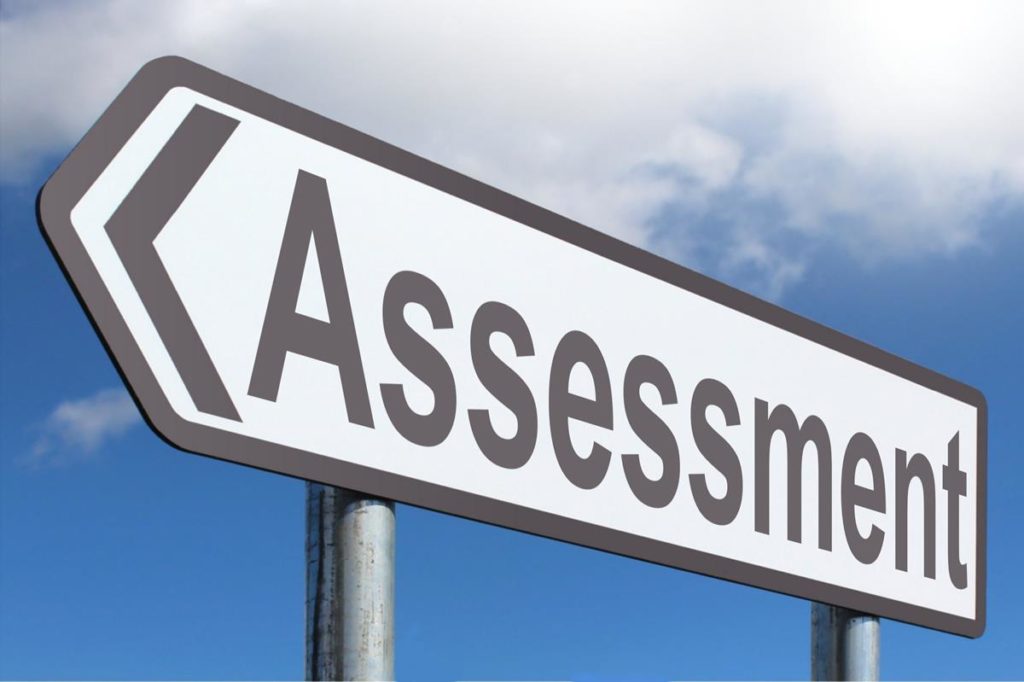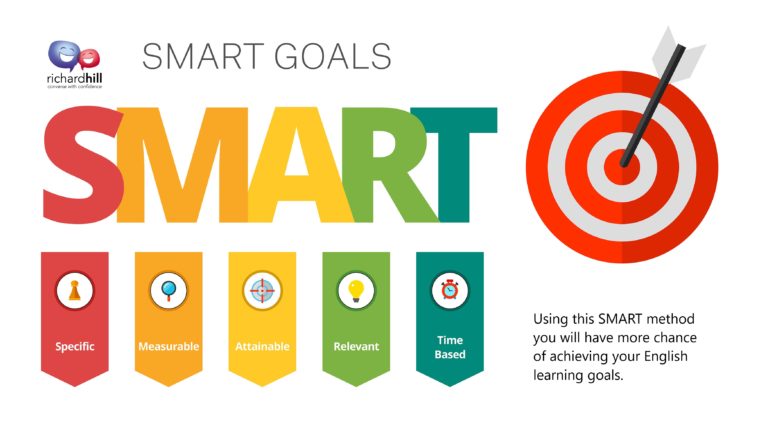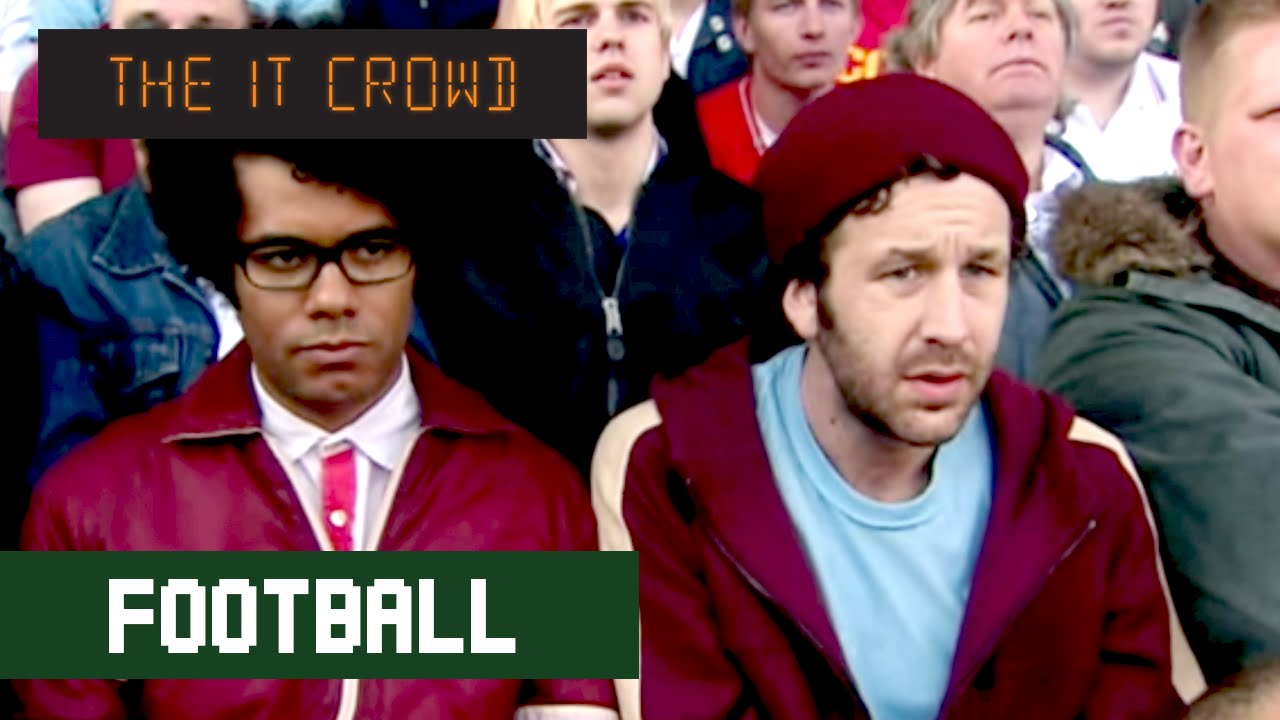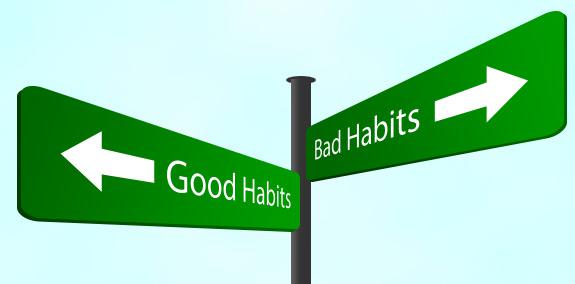Goodbye and good riddance, an English saying meaning that you are glad to be ‘getting rid’ or leaving something behind. No, I’m not talking about a certain Mr. Trump, but the year 2020 in general. It’s a phrase that I think many (all?) people will be saying about this year. But what have we learned in 2020?
Personally, I tried to learn a bit more Czech, better running technique and to have have more patience in general. Unfortunately I let ‘the situation‘ distract me from persevering with my Czech so it’s back to passive learning I’m afraid. It also became a bit of an excuse if I’m honest, for not writing any blog posts or filming any videos. I will try to make up for that next year, starting today.
New words and phrases in English you may have heard this year? Leave yours in the comments below. For one I have to admit I had never heard the verb ‘to furlough‘ before the start of 2020, but it has quickly found its way into the lexicon of the mainstream. People working in the civil service may have been aware of it as it means ‘to give workers temporary but long term time off work’. Outside of the medical profession you would be ‘hard pressed‘ (challenged) to find someone who knew what a ‘corona virus‘ was, I think we are all now acutely aware! The phrase ‘global pandemic‘ is one we hoped we’d never hear in our lifetimes and although the word epidemic was widely used, I don’t think too many people used the word for someone who is a specialist in the science of epidemics, ‘an epidemiologist‘, sometimes referred to as ‘disease detectives‘. Other related phrases such as ‘social distancing‘, to keep one’s distance from another, [[[‘self-isolate‘]]] taking the social distancing to the extreme and ‘denialist‘ someone who denies (to deny) the existence of something (like corona virus), and the acronym (abbreviation using the first letters of each word in a phrase) ‘WFH‘ meaning working from home have all come into our regular chosen vocabulary. Note: not ‘WTF‘ which means something else 🙂 Who would have thought ‘face masks‘ would become a fashionable item and that the hyphenated word ‘single-use‘ would refer to something other than plastic and condoms!
More positively, an ‘e-bike’ is something your parents or grandparents are very likely to be talking about and the word ‘Anglosphere‘ has become more popular as a way of grouping together the countries where English is the first language (UK, US, Canada, Australia. New Zealand, Ireland). ‘Contactless‘ as in your new credit or debit card which do not require inserting into a terminal to pay as opposed to ‘a contact sport‘ such as football, rugby and ice hockey. ‘Influencer‘, a social media term meaning someone who has a lot of influence by way of a large online audience. Another acronym, ‘G.O.A.T.‘ in sporting terms meaning: the greatest of all time found its way into my ears for the first time this year. Think Muhammad Ali, Pelé, Michael Jordan etc. Maybe that has been around for longer and I was just ‘living under a rock‘.
Anyway, here’s to hoping next year will be a little more positive. Let me know your favourite new words from 2020 in the comments below. I’ll be back at Christmas.






 Improve my Czech
Improve my Czech
 Your Goals
Your Goals
















 where I have created a page with a definition and an example sentence for each word. There is also audio pronunciation and a practice spelling bee! Idioms and phrases in italic are also linked to a definition.
where I have created a page with a definition and an example sentence for each word. There is also audio pronunciation and a practice spelling bee! Idioms and phrases in italic are also linked to a definition.

 Put a dictionary (yes, it’s old school I know!) next to your bed. Every morning when you wake up, randomly open the book and pick out a word. Create a mnemonic (See my recent post) for it such as a visual image or word association hook and then go about your normal day.
Put a dictionary (yes, it’s old school I know!) next to your bed. Every morning when you wake up, randomly open the book and pick out a word. Create a mnemonic (See my recent post) for it such as a visual image or word association hook and then go about your normal day.

 Listen to an English podcast when commuting on the metro or in your car.
Listen to an English podcast when commuting on the metro or in your car.